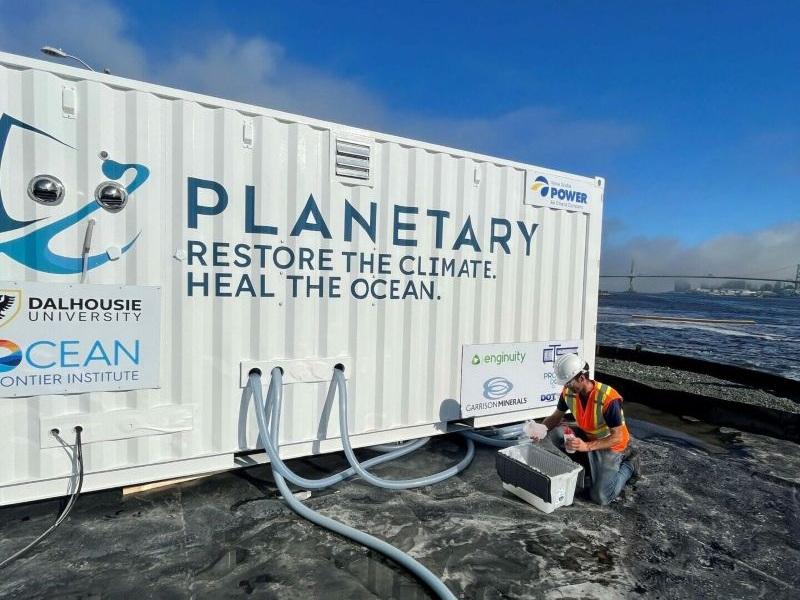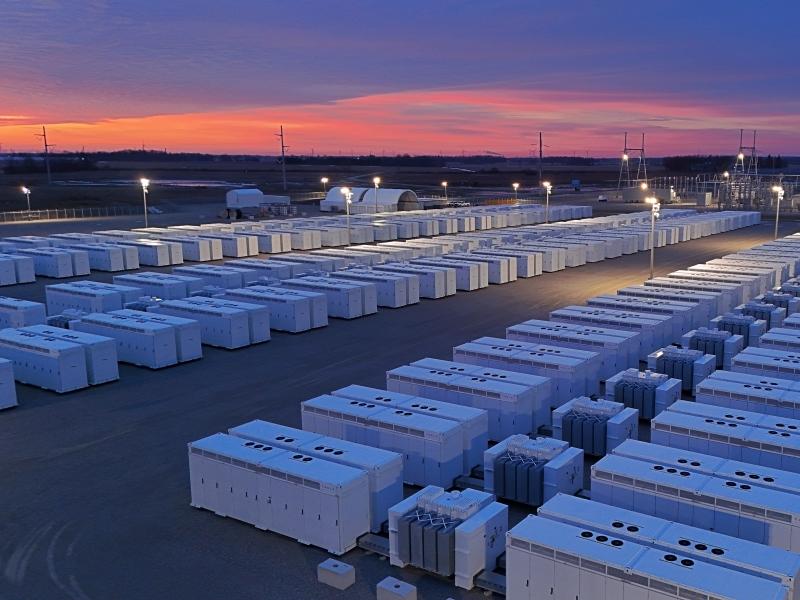
By increasing its standard solar panel offering from six to 10, homebuilder Jayman BUILT is able to further reduce a home’s carbon footprint and could provide up to 50 per cent in electrical savings per year.
The electricity savings estimate does not include administrative or other fees, the company says, and is dependent on a home with good rooftop solar exposure.
“The overall value of the energy-efficient inclusions, known as our Core Performance, is valued at $20,600, all included in our homes. As we purchase in large volumes, and these are included in every home, we have incredible buying power. This means we can include these at our best price first,” Dave Krasman, Jayman’s director of corporate purchasing, told SustainableBiz in an interview.
“However, our home owners can save up to $900 annually on their energy bills. Our brand new 2023 specifications now include 10 solar panels instead of the previous six, offering even greater savings without increasing the cost of our homes significantly.”
Founded in 1980 with offices in Calgary and Edmonton, Jayman has participated in community developments across the province, including Calgary, Cochrane, Edmonton, Leduc, St. Albert and Sherwood Park.
The firm is a founding member of BUILT GREEN, an independent, voluntary certification program for sustainable buildings with four levels. In 2004, it registered the first BUILT GREEN-certified home. Jayman’s website states its homes have saved 31,500 tonnes of greenhouse gas emissions since 2005.
Jayman’s Core Performance offering
The company's Core Performance package includes a 96 per cent efficiency two-stage furnace, an active heat recovery ventilation system, a tankless hot water heater, a foundation wrap, triple-pane windows, an air purification system with ultraviolet light, and a Merv 13 furnace filter.
Smart home technologies include thermostats, doorbells and video cameras. All are included as standard feature with the company's homes.
The company states a Jayman-built home, in the standard offering, is 30 per cent more energy efficient than minimum building code mandates and saves 4.84 tonnes of greenhouse gas emissions per year.
“We use an independent certified CHBA (Canadian Home Builders’ Association) net-zero energy advisor to test several of our popular homes to determine the energy and cost savings homeowners can expect,” Krasman said. “These homes represent the average type of build form we produce, like front-attached garage homes and laned homes (no garage).”
Jayman’s other energy-efficient packages
Depending on the offering, it can also help homeowners achieve net-zero status. Beyond the basic package, Jayman offers three options on the path to net-zero certification: the Solar Energized Hybrid Performance and Net-Zero Ready Peak Performance packages, or the Quantum Performance Ultra E-Home which achieves full net-zero certification.
To achieve net-zero status through Jayman, customers have to purchase the Net-Zero Ready Peak option, which costs approximately $26,100. In that option, Jayman will also build its proprietary wall system.
“If this wall system is built, then simple mechanical system modifications can be made and additional solar panels added to achieve net-zero certification,” Krasman said. Jayman states this can also be achieved with its Ultra E-Home option, which entails over 30 solar panels and costs approximately $61,500.
In March 2021, SustainableBiz reported on the launch of the E-Home option, which exceeds 2030 building code standards and meet 2050 net-zero targets.
“Jayman’s always had in its DNA and its reputation to go above and beyond when it came to energy efficiency. Really the migration started 15 years ago or so when we started to put in high-efficiency furnaces as a standard, triple-pane windows, LED lighting, instant hot water on demand,” Dave Desmorneaux, Jayman’s chief operating officer said at the time.










